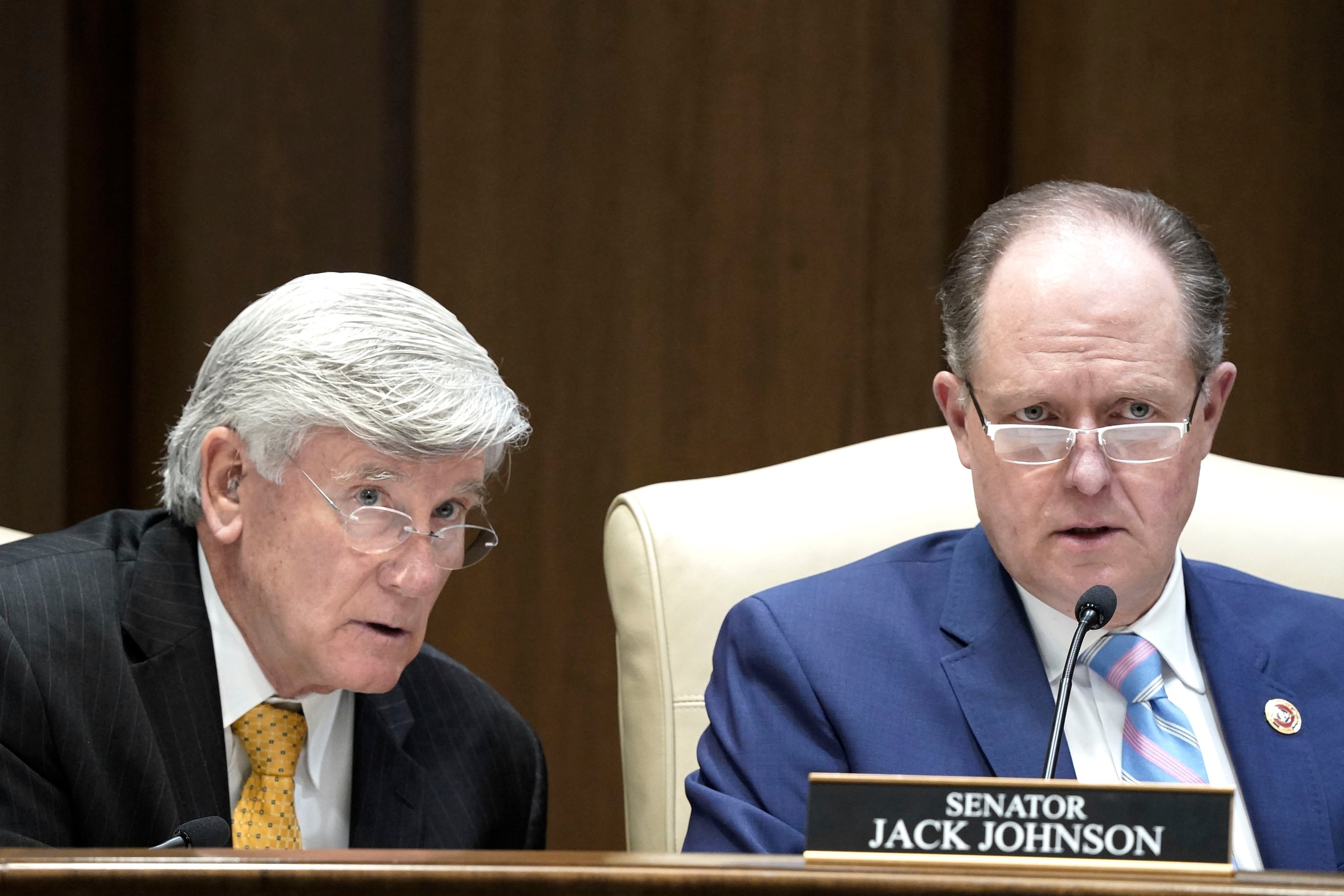Tennessee’s private school voucher law, which now only affects districts and some students in Memphis and Nashville, would widen to include Hamilton County Schools under new legislation filed this week.
Sen. Todd Gardenhire, a Chattanooga Republican, wants the legislature to expand the eligibility criteria for the education savings account program to include students in districts with at least five of the state’s lowest-performing schools, as identified in the last three “priority school” cycles since 2015.
Under those criteria, Hamilton County Schools, which is based in Chattanooga, would qualify — but not districts in other counties with priority schools such as Knox or Madison.
The proposal would mark the first expansion of the program that launched this fall under the controversial 2019 voucher law. The law, which was signed by Gov. Bill Lee, passed Tennessee’s Republican-controlled legislature after a decade-long tug-of-war between those who want to use taxpayer money to give parents more education choices and others who say that approach diverts money from already underfunded public schools.
When the initial voucher bill was being debated, Gardenhire was among lawmakers in Chattanooga and Knoxville who sought to exclude their counties from the law’s reach. But Gardenhire says the circumstances have changed, and he now supports including his home district.
He noted that Hamilton County Schools now has more priority schools than in 2019, when the district was in the midst of a $20 million school improvement plan known as Partnership Network. That initiative has since been disbanded.
“We’ll know in a few years if the ESA program works. But we know what we’re doing now in Hamilton County is not working. It’s a total disaster,” Gardenhire told Chalkbeat on Thursday.
Gardenhire said he also was concerned initially that courts would overturn the new education savings account law, but the Tennessee Supreme Court upheld it on appeal this spring. (Plaintiffs that include local governments in Davidson and Shelby counties are still considering whether to appeal another court’s recent ruling dismissing the remainder of their claims.)
“With the appeals adjudicated, it’s time to put Hamilton County Schools under the ESA Act,” Gardenhire said.
Democrats, who voted unanimously against the voucher law, were quick to criticize the bill.
“Public school tax dollars belong in our public schools,” said Sen. Raumesh Akbari, of Memphis. “We opposed private school vouchers for Nashville and Memphis, and we oppose any expansion of a disproven approach that hasn’t worked anywhere it’s been tried.”
Akbari said Tennessee should instead invest its time and resources in strategies that have a proven record of boosting student achievement, like smaller class sizes and wraparound student support.
The law refers to education savings accounts as a “pilot program” and directs the state comptroller to report on the program’s efficacy after its third year of enrolling students. But because ongoing litigation delayed the program’s launch, the first report isn’t due until Jan. 1, 2026.
Rep. Yusuf Hakeem, a Chattanooga Democrat, said Tennessee should not expand the program so soon after rolling it out.
“Good policy means studying something for several years before you start trying to change it,” Hakeem said. “We don’t even have a year of data yet to track.”
Gardenhire said he has a co-sponsor lined up in the House but declined to identify that legislator.
Two key GOP legislative leaders have signed on as co-sponsors in the Senate: Bo Watson, of Hixson, who chaired his chamber’s finance committee in the recent legislative session; and Sen. Jon Lundsberg, of Bristol, who chaired the education committee.
Tennessee is among more than 20 states that have either started or expanded voucher-type programs in the last two years.
Research on the effectiveness of vouchers is mixed. Recent studies have found that switching to private education using a voucher tends not to help — and may even harm — students’ test scores, especially in math. Other studies, though, have found neutral or positive effects of vouchers on high school graduation and college attendance.
You can track the bill’s progress here.
Marta W. Aldrich is a senior correspondent and covers the statehouse for Chalkbeat Tennessee. Contact her at maldrich@chalkbeat.org.







